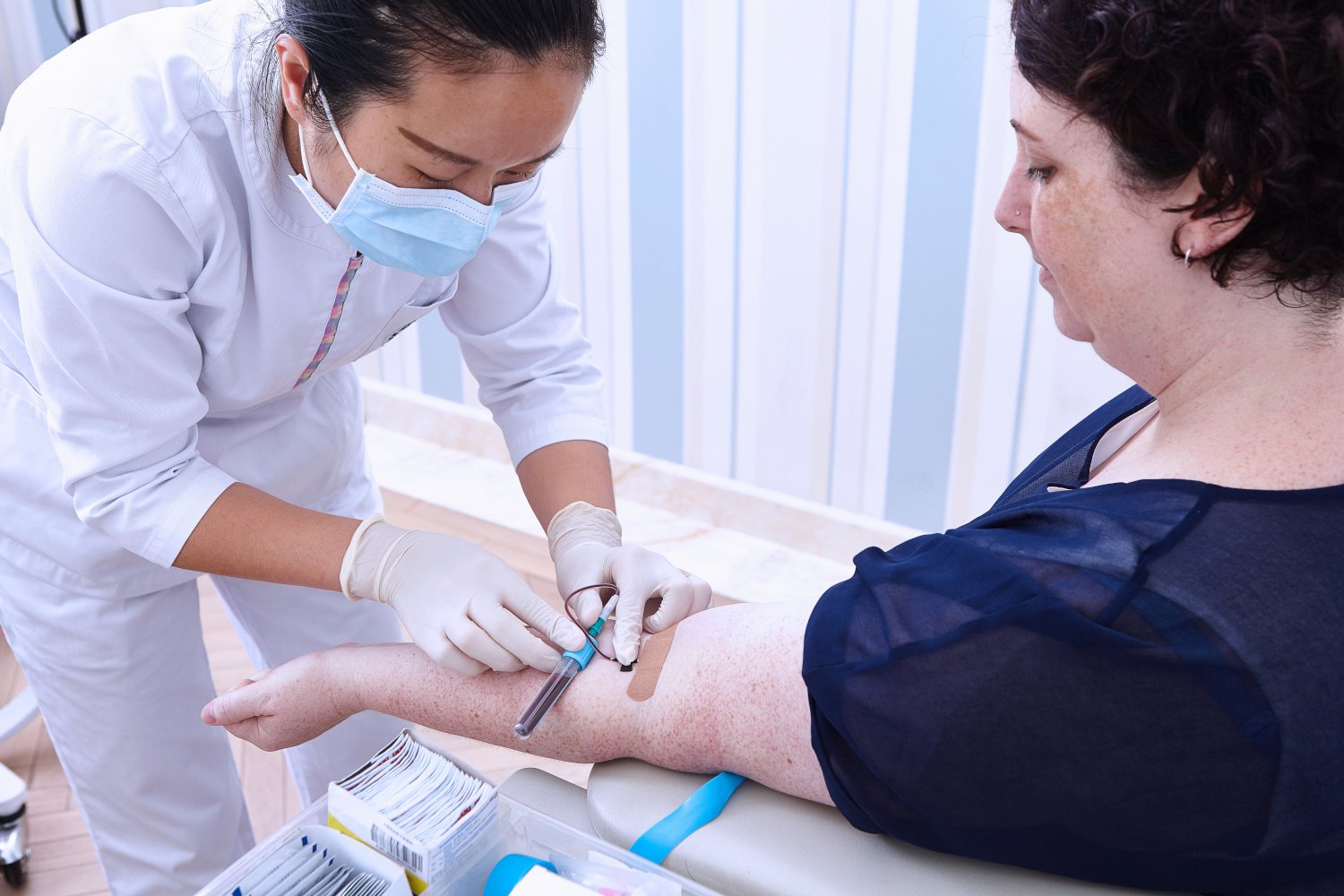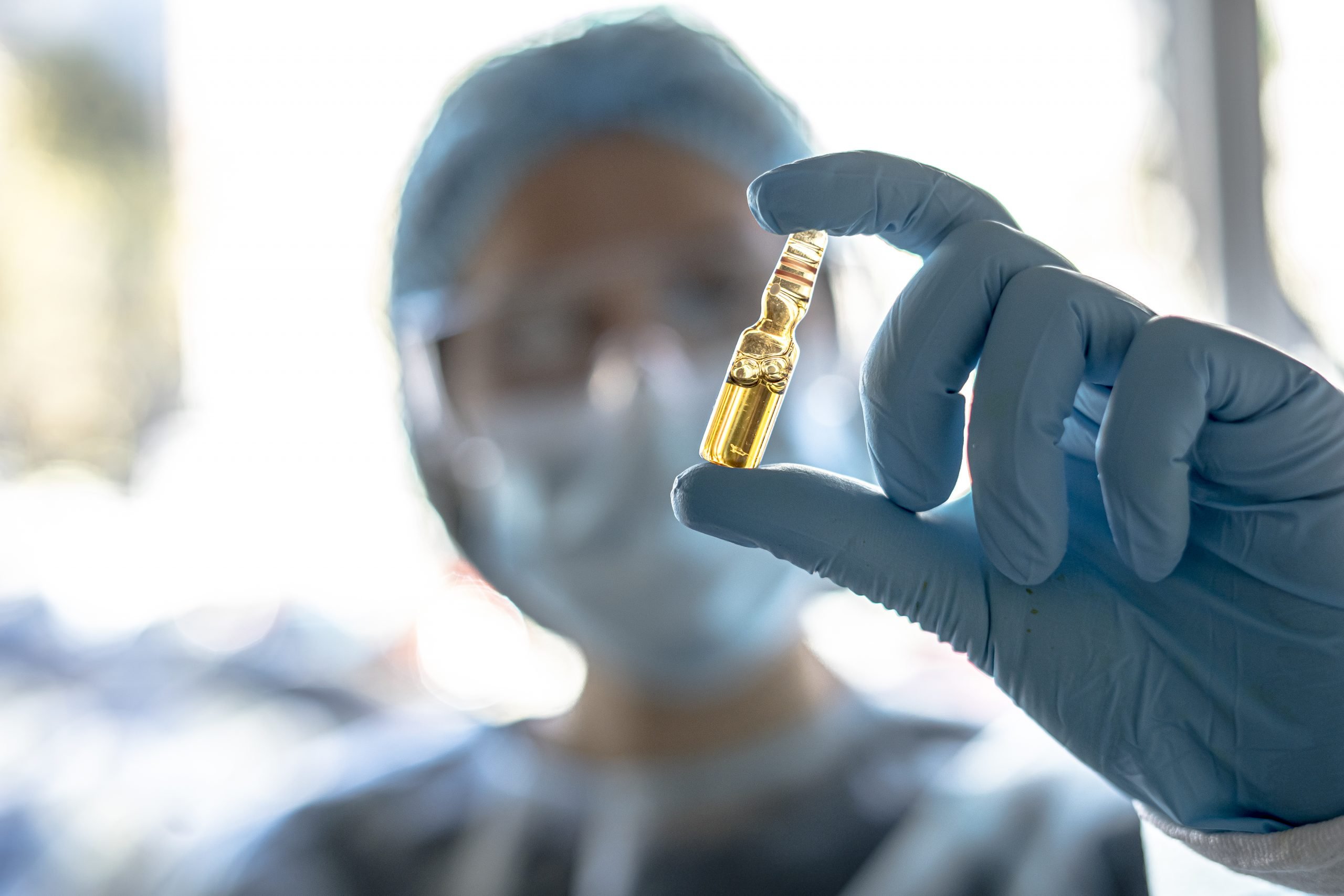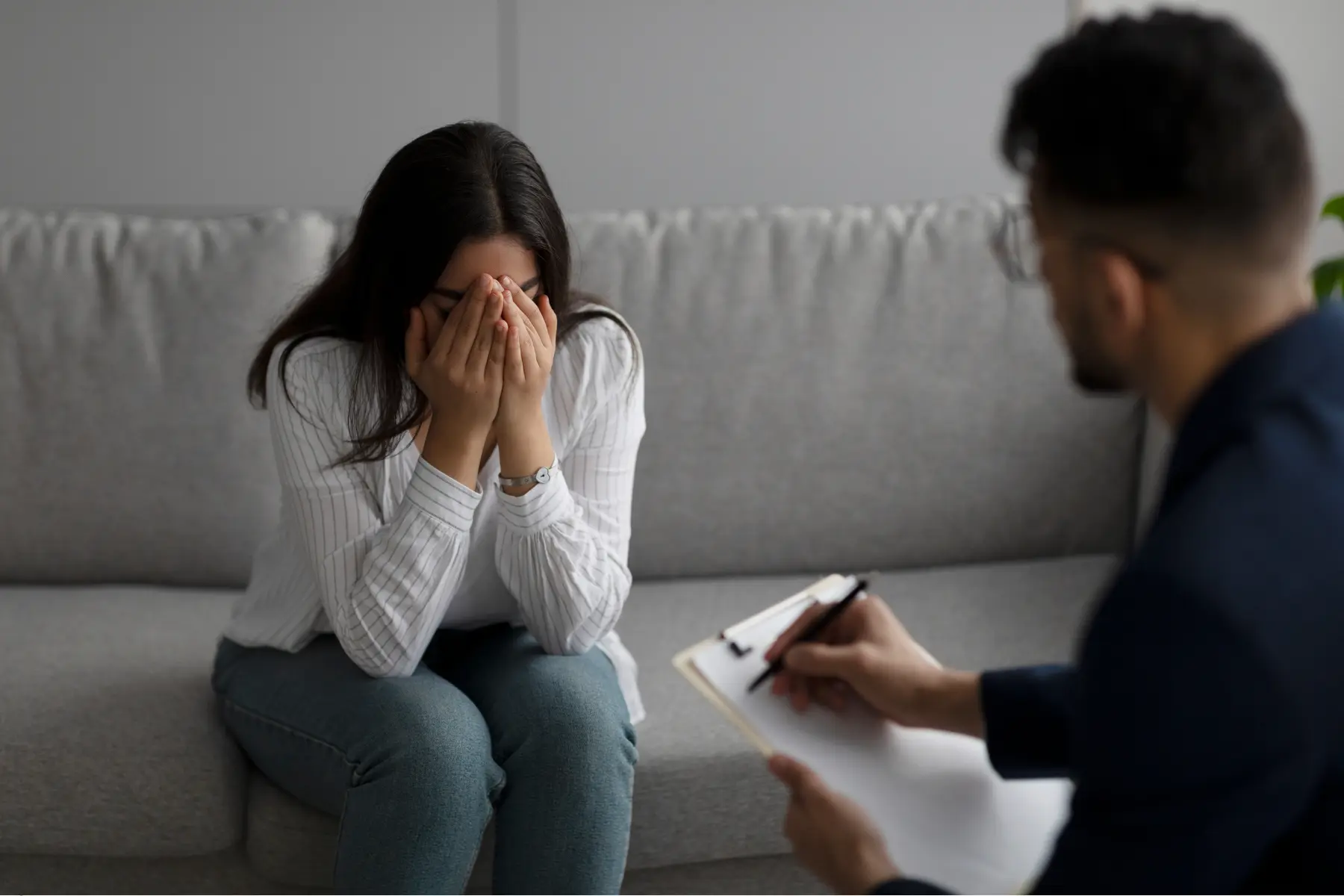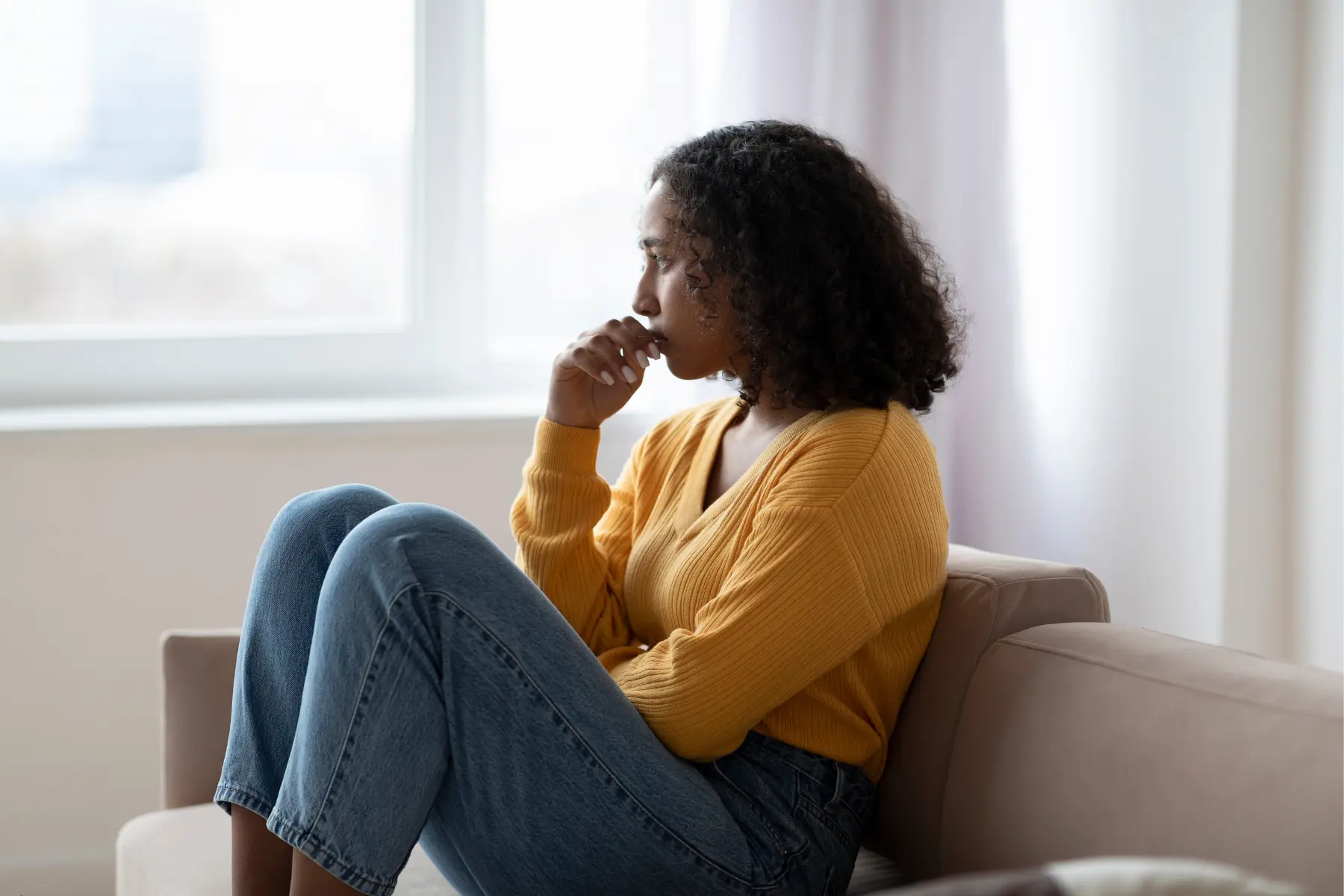If you’re like most people, you either are or know someone who is dealing with the symptoms of depression, bipolar disorder, or seasonal affective disorder.
When you or a loved one suffers from the debilitating symptoms of depression, a major challenge is figuring out where to turn for help. Effective treatment can help anyone suffering gain mental strength, clarity, and peace of mind. But what happens when the prescribed treatment doesn’t bring relief from the cycle of depression?
It’s already tough enough to find the strength to reach out and ask for help, so it’s absolutely crucial that you find relief from your symptoms. While antidepressants are often prescribed by doctors, a variety of alternative methods, including ketamine therapy, are offering new hope.
Ketamine for Safe and Effective Treatment
Anyone diagnosed with treatment-resistant depression has probably been willing to try just about anything to feel better. Prescription pills, over-the-counter drugs, herbal remedies, or talk therapy may provide temporary relief but where can you turn for long-term treatment?
Did you know that ketamine has been used clinically in the United States since the 1960s as anesthesia during surgical procedures to treat postoperative pain? With over 50 years as a safe and effective drug, it’s now being used as a treatment for depression, anxiety, PTSD, and other behavioral health conditions.
AMPA: What is it and How it Works
Ketamine has been shown to help regulate glutamate in the brain by blocking the NMDA receptor which can help prevent the symptoms of depression. Ketamine is also known to have an effect on alpha-amino hydroxy methyl isoxazole propionic acid, AKA AMPA. Recent research by David Bleakman and colleagues found that these AMPA receptors might be the main pathway towards positively regulating mood disorders.
They concluded that any substances (such as ketamine infusions or esketamine nasal spray) which target these receptors could prove beneficial towards the “clinical management of depression.” This is exciting news for discovering new therapy options for the treatment of major depressive disorder and other behavioral health mood disorders.
Dissociation as an Effective Antidepressant Response
A single dose of ketamine has been shown to reduce depressive symptoms within hours of treating depression with beneficial effects lasting up to two weeks. While these results are encouraging, some patients experience a few side effects during their IV ketamine infusions.
Dissociation is one potential side effect, however; this is not necessarily bad. In fact, this dissociation just might be a key indicator of ketamine’s efficacy. While other antidepressant treatments are relatively absent of dissociative side effects, they often don’t work as robustly as ketamine which may be a result of a decreased affinity for binding to the NMDA receptor complex. This could prove that the dissociative effects of ketamine are a necessary and welcome component of using this therapy to achieve optimal antidepressant effects.
David A. Luckenbaugh and his colleagues published an informative article in the Journal of Affective Disorders. The research team studied the dissociative side effects of ketamine and discovered that these temporary changes directly correlated with a positive change in the symptoms of depression. The research team concluded that the dissociative response most likely suggests a “biomarker” that is directly associated with the antidepressant potency of ketamine.
What are the Dissociative Symptoms of Ketamine Therapy?
While ketamine treatment may result in feelings of derealization and depersonalization, there is no need to worry. This dissociation is a temporary mental state where you may feel detached from your actual surroundings..
Dissociative symptoms of ketamine therapy may include:
- Euphoria
- Floating sensation
- Feeling as though your body has changed
- Losing track of time
- Time slowing down or speeding up
- Seeing things through a fog
- Having tunnel vision
- Feeling separated from reality
It’s important to note that any potential side effects are short-lived and you will be carefully monitored during your ketamine therapy session. These dissociate effects may decrease with subsequent treatments and you may find the sessions are quite relaxing.
At the conclusion of each IV ketamine infusion or esketamine nasal spray treatment, you can rest in the clinic as long as you want until you feel ready to leave. However; you won’t be able to drive your car immediately after your ketamine therapy so you’ll need to call an Uber or ask a friend to drive you back home.
We Can Help You Live Your Best Life
When you or a friend or family member has been suffering from major depressive disorder, or another mood disorder not responding well to traditional treatment methods, there is hope. Patients are seeing immediate results after using ketamine for depression treatment at Bespoke Treatment.
The Los Angeles ketamine clinic offers two options for treatment – intravenous ketamine infusions and the recently FDA-approved SPRAVATO esketamine nasal spray.
Contact the Bespoke Treatment today to see if you are nearby our Beverly Hills clinic to get a free consultation and get the help you need and improve the quality of your life: 833-867-2329.


























